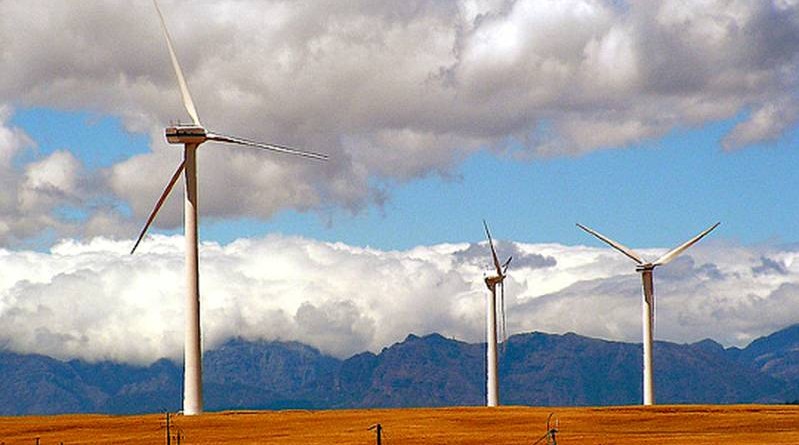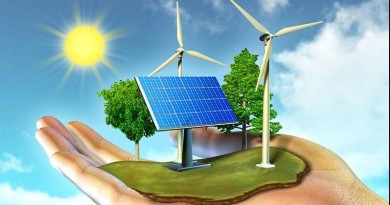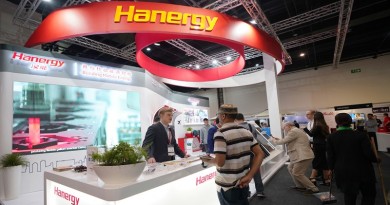Renewable energy to replace nuclear power in South Africa
The South African Government has approved a draft to increase renewable energy generation. Jacob Zuma, the former President, had proposed expanding the nuclear power sector by adding new nuclear capacity in excess of 9 gigawatt. However, this February, he faced a vote of no confidence and was replaced by Cyril Ramaphosa.
Jeff Radebe, South Africa’s Energy Minister, announced this week to the press that the cabinet had approved the updated Integrated Resources Plan (IRP 2018) which will increase renewable energy capacity and add only a minimal amount of new coal.
Radebe said: “The electricity generation and distribution landscape in South Africa is changing at a rapid pace compared to the period before 2010. In keeping to our climate change commitments, the country has also introduced renewable energy through independent power producers.”
The IRP means that only 1 gigawatt worth of new coal capacity will be added by 2030 and there will be over 15 gigawatt of renewable energy used including hydropower, solar and wind.
South Africa is currently the largest carbon-emitting country in Africa. Radebe says that is important that “There is significant change in the energy mix post-2030 which is mainly driven by decommissioning of old coal power plant that reach their end of life.”
Yesterday, the UK announced plans to invest £56 million into South Africa to develop energy storage technology to help supply secure renewable power in the country.
The UK Government said: “This project, the first of its kind in the region, will use an innovative technology to transform the country’s energy system, supporting South Africa’s long-term commitment to decreasing carbon emissions by developing bold, new renewable technologies – bringing about a climate revolution whilst also enabling the creation of thousands of jobs for young South Africans.”
www.climateactionprogramme.org




